Erik ten Hag at Manchester United: How much time will new manager need to be a success in Premier League? | Football News
The 19th century German poet Heinrich Heine is said to have remarked that if a war broke out he would head straight to the Netherlands because everything happens 50 years later there.
But when it comes to football, the Dutch have since shown themselves to be ahead of their time – and it is that most precious of intangible commodities that Erik ten Hag must now master if he is to make a success of his stay at Manchester United.
Ah, time. It is destined to dominate the discourse with Ten Hag. How much of it will be needed? How much of it will be afforded? And when might supporters hope to see results?
The views of those partial and partisan differ immensely.
Gary Neville does not think too much should be expected in the short term.
“I would not be putting pressure on Ten Hag in the first two or three years to win a Premier League title. They are a million miles away from that currently.”
In an interview with Jose Mourinho last month, he was typically bullish about his own successes in his career. “I did not need to be there three, four or five years to win. It was immediately.”
As for Ten Hag’s immediate predecessor, his uncertainty mirrored that of his side. Asked before the game against Liverpool in April how long it might take, he suggested United could not afford to wait three or four years to win things. “I don’t think that is necessary.”
After a 4-0 hiding at Anfield, his perspective appeared to shift.
“We have to accept they are six years ahead of us.”
Jurgen Klopp, of course, had been in the job for three-and-a-half years when he picked up his first trophy as Liverpool manager – winning the Champions League in 2019. Pep Guardiola had to wait for his second season at Manchester City to win anything.
Sir Alex Ferguson had long been the go-to reference point for those advocating managers be given the time to succeed following his own three-and-a-half year wait for a trophy at Old Trafford. The example of Klopp, in particular, updates that mantra for the modern age.
But there is a difference between waiting for trophies and waiting for progress. There is an understanding that Ten Hag will find it difficult to deliver the former quickly. Supporters can still expect to see signs of the latter rather sooner.
What was the low point of Guardiola’s time at City before the trophies came? Perhaps it was the 4-0 defeat to Everton in January 2017 when his team looked beaten, bullied and broken at Goodison Park. That left them fifth in the Premier League table after 21 games.
But even then, it was easy to see the team was being transformed. There were vulnerabilities but the possession game that Guardiola espoused was there. They topped that chart.
Manchester City had required a late own goal from Paddy McNair to ensure victory over Sunderland in his first game in charge. But they also had 76.9 per cent of the possession in that match. That was more than in any Premier League game of the previous season.
Klopp, meanwhile, did oversee three seasons in which no trophy was won. But he also took Liverpool to a first European final in nine years within six months of taking over and went on to restore the club to the top four in his first full season in charge.
“We want to look different,” he had said before his first game. “That’s what I expect.” In that first match against Tottenham in November 2015, ostensibly a dull 0-0 draw, Liverpool became the first team that season to outrun Spurs, clocking season-high sprint stats.
Results were unspectacular. Ideas were already taking shape.
When Guardiola won the Premier League title with City, he did so as the pre-season favourites. When Klopp finally claimed the trophy with Liverpool, he did so as reigning European champions having finished the previous season with nine wins in a row.
The point is that the success was clearly signposted.
So, what are the markers that fans should look for from Ten Hag?
As Neville suggests, with two teams operating at such a high level right now, the Premier League would appear out of reach even if the new United manager gets everything right. What will be the evidence on the pitch that Ten Hag is getting it right, then?
Taking back control of the football might be a start. It is more than half a decade now since United could be regarded as a possession team. It was not central to Mourinho’s ethos, certainly in big games, and Ole Gunnar Solskjaer leant into a counter-attacking approach.
Rangnick’s emphasis was on a pressing rather than positional game, the result being that in each of the last five seasons, Manchester United have not ranked among the top four teams in the Premier League for possession. Expect Ten Hag to try to change that.
One obvious shift that could emerge is in how United attempt to build from the back. David de Gea is regarded as a reactive rather than proactive goalkeeper – and a very fine one at that – but his job description could well change now that Ten Hag is in place.
Manchester City’s Ederson’s long distribution is perhaps the best of any goalkeeper in the world but he has only attempted 7.6 long passes per game in his Premier League career. Liverpool’s Alisson Becker has attempted 8.7 long passes per game in his.
De Gea is up at 15.4 long passes per game.
That helps to explain why the Spain international goalkeeper has a lowly passing accuracy of just 61.6 per cent in his Premier League career. That is significantly different to the figures for Ederson (84.8 per cent) and Alisson (83.7 per cent). Expect the gap to close.
Ahead of De Gea, the defenders will need to be comfortable on the ball and commit to playing it through the lines. Only Guardiola’s Manchester City had more possession than Ten Hag’s Ajax of any team in the top seven domestic leagues in Europe last season.
It will be patient. City, Bayern Munich and Paris Saint-Germain played more short passes than his Ajax, but that ends the list. Patient probing is the plan, pulling opponents out of position with movement in the final third. He will demand sophisticated patterns.
United have struggled against deep defences but Ten Hag had to deal with that at Ajax. That might benefit players such as Jadon Sancho who can now look to link up with others rather than being expected to make things happen alone through individual trickery.
This focus on possession should also lead to an improvement in Manchester United’s pressing, especially if Cristiano Ronaldo is not around. Coordinated pressing is much easier when the team has more of the ball because they are able to rest in possession.
Expect the opposition passes allowed per defensive action metric to reveal a change. In the past five seasons, United have not only ranked below City and Liverpool on this score but never higher than sixth – and, surprisingly, as low as 13th last season under Rangnick.
Supporters will want to see goals and wins, points and prizes. But if there is a picture that builds of a team that presses the opponent and possesses the football, or is at least clearly set up to play that way, it will be an indication that Ten Hag’s methods can work.
Time? He will need lots of that to win trophies.
But progress? That will need to come much sooner.

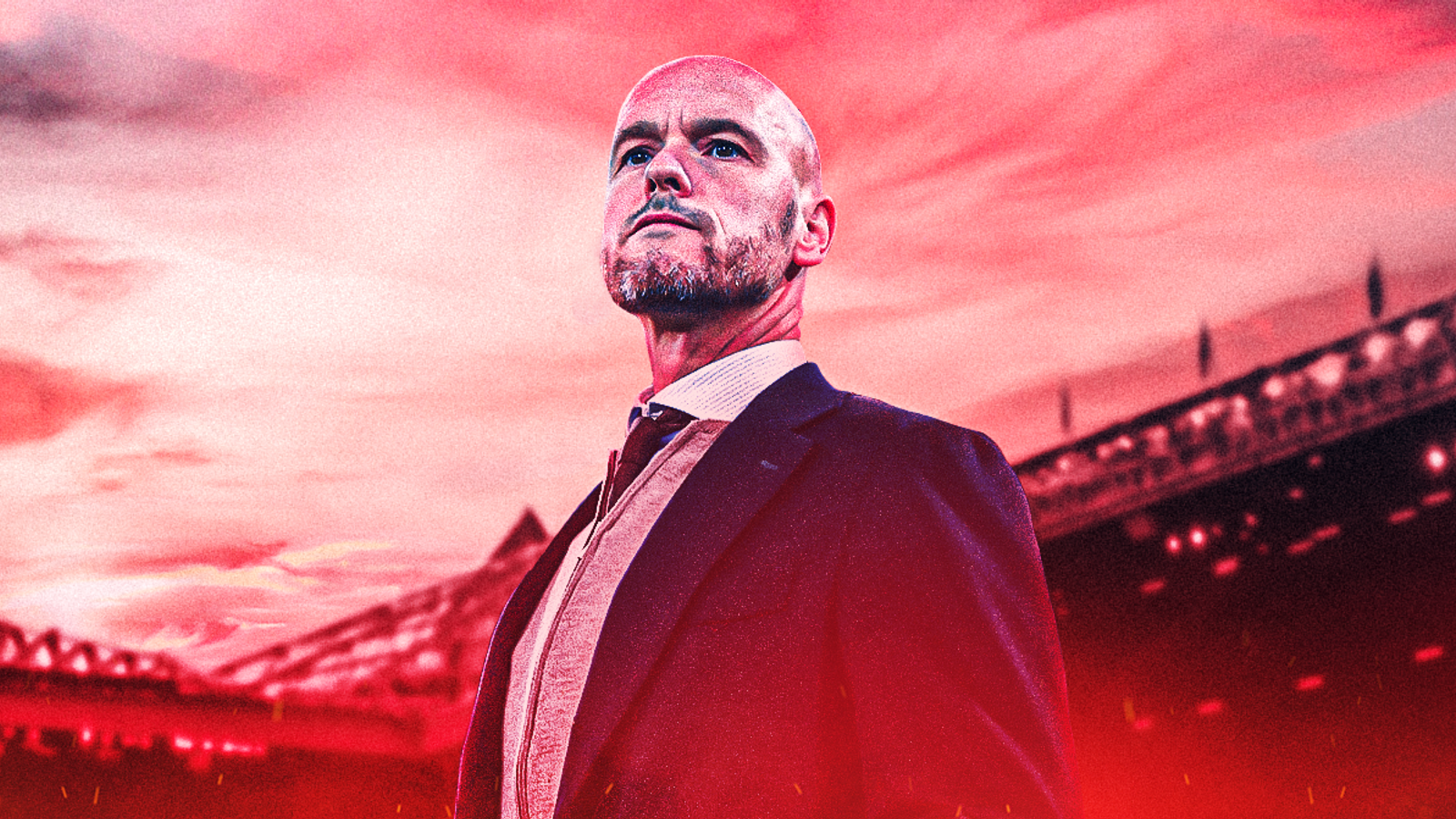
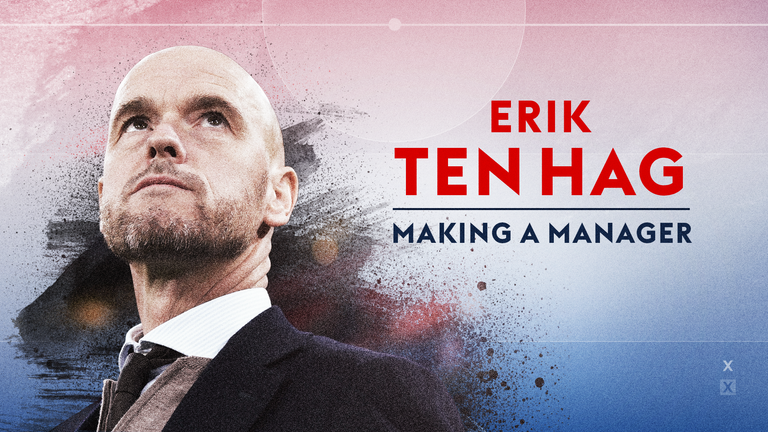
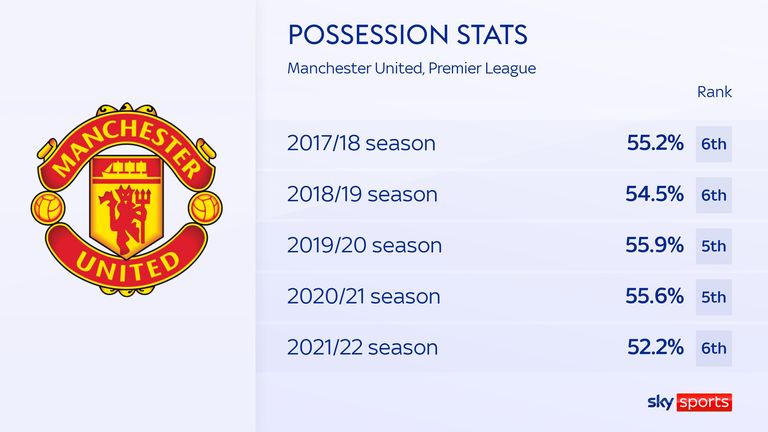
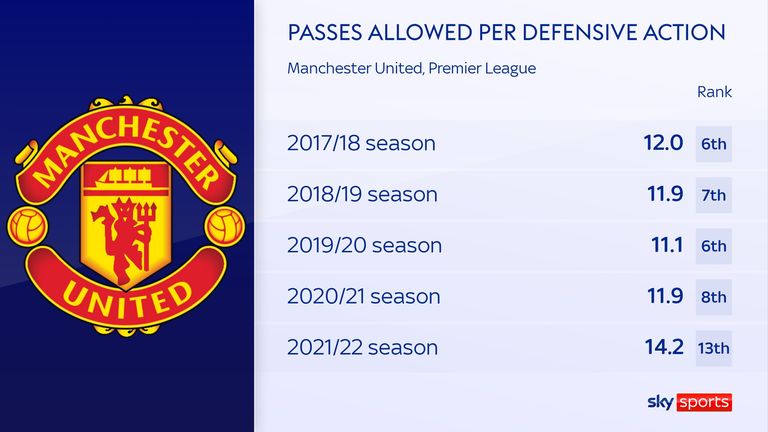
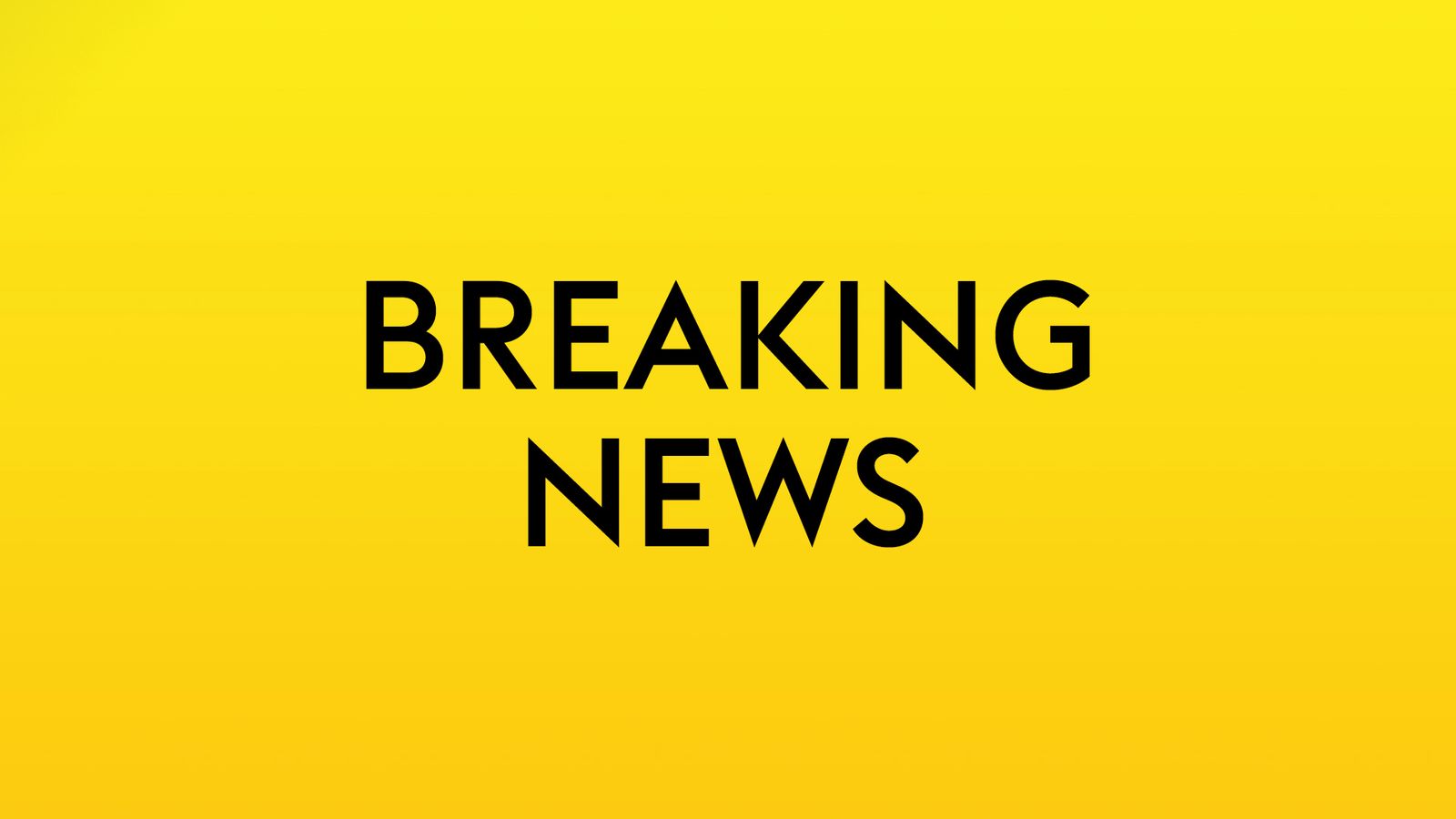
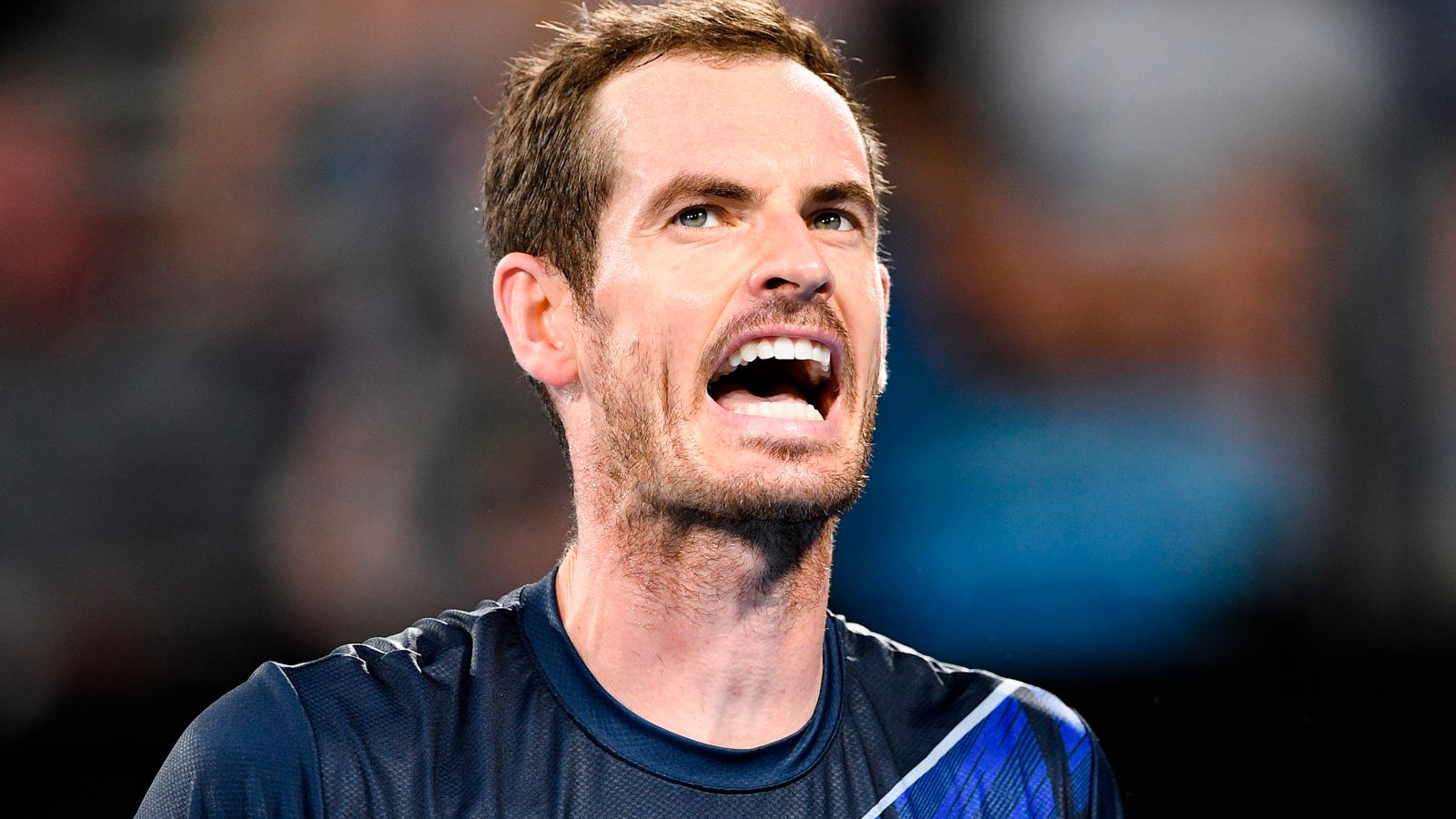
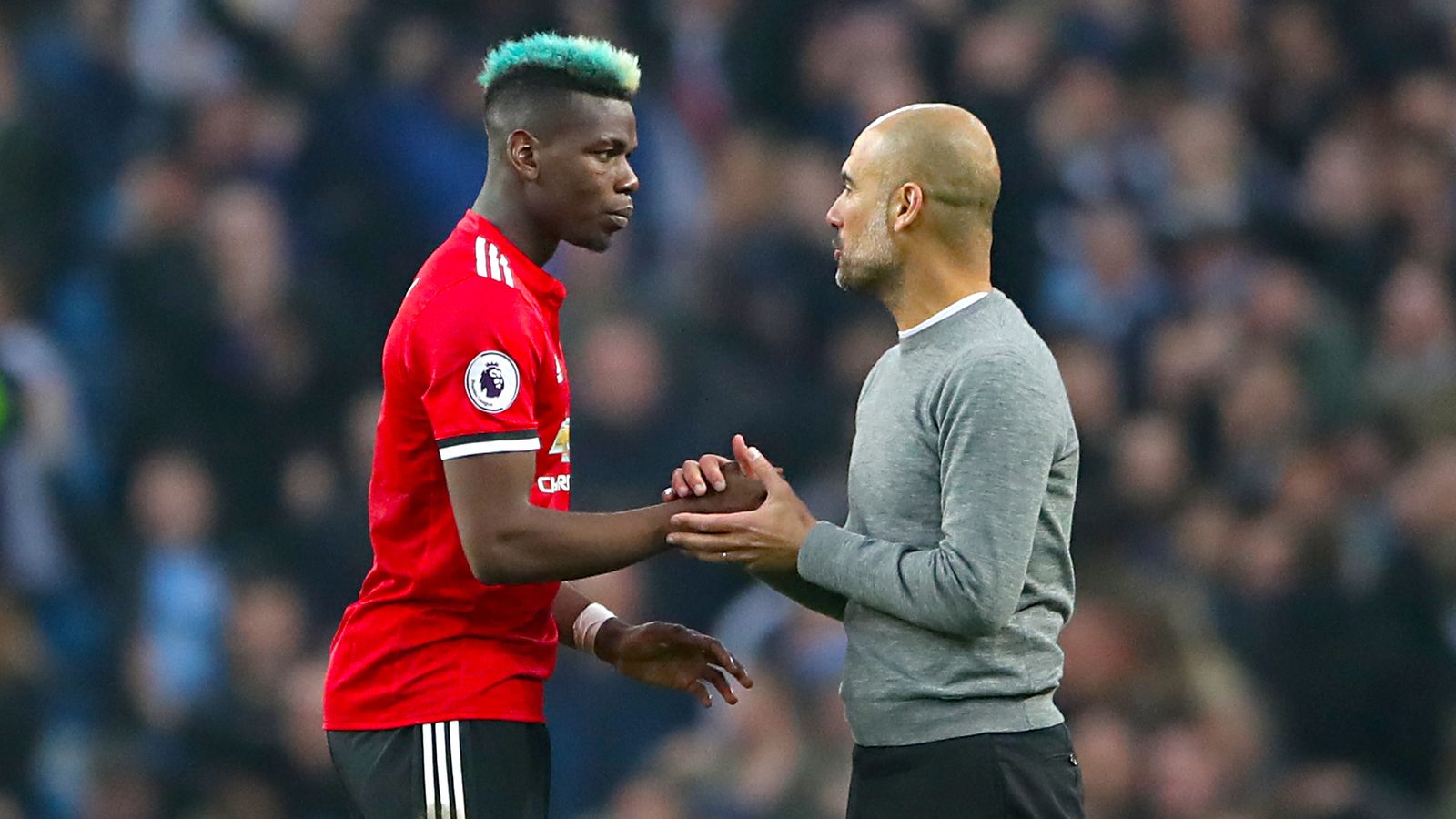
Pingback: Our site
Pingback: ติดเน็ตบ้าน เอไอเอส
Pingback: บล็อกปูพื้น
Pingback: my page
Pingback: 안전 토토 사이트